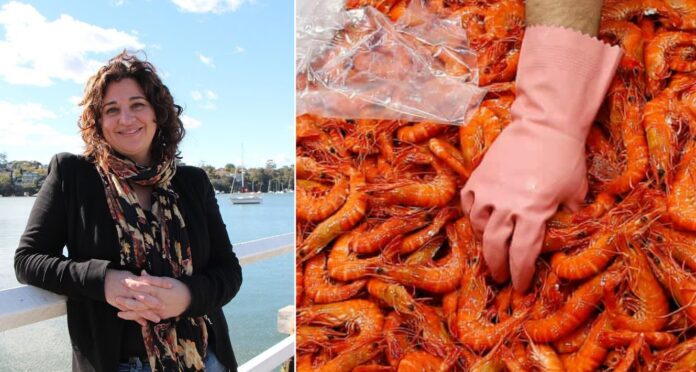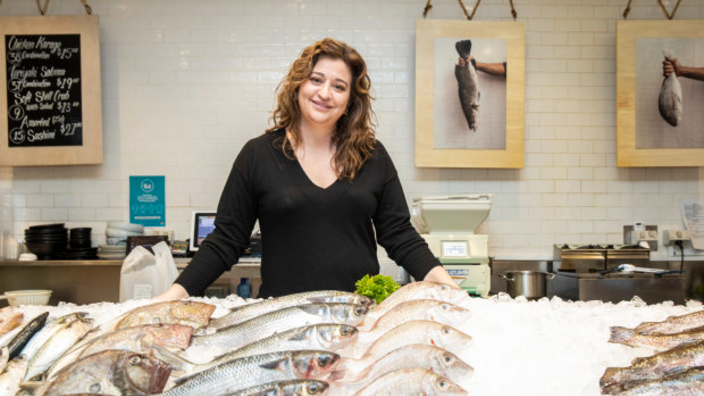Plant-based imitation seafood products with names like Tuno are popping up on supermarket shelves and the seafood industry says something smells fishy.
Seafood is one of the most heavily regulated industries in Australia when it comes to labelling and marketing, with local, state and the federal governments all applying rules around sustainability, traceability and provenance.
But according to 3AW, there are currently no guidelines on how synthetic and plant-based products can use names or images on their branding and packaging.
The Chief Executive of Seafood Industry Australia, Veronica Papacosta, told The Australian Financial Review (AFR) that some sushi bars were even serving non-seafood made to look like salmon or tuna.

In response, Ms Papacosta has welcomed a Senate inquiry into whether makers and marketers of synthetic and plant-based proteins should be able to use the names of seafood, and terms such as meat, beef, chicken, pork and dairy in their labelling.
“Let’s get ahead of this. Let’s put some structure in place for the plant-based industry so that they know how to move forward,” Ms Papacosta told 3AW.
Ms Papacosta said she knew plenty of people who had been caught out by the labelling and bought products they thought were seafood.
“We’re concerned consumers could be misled by packaging and labelling that closely resembles established seafood products in the market, like prawns or canned seafood,” she told the AFR.
READ MORE: Veronica Papacosta hails Australian public for supporting local seafood produce.
“There are also legitimate concerns for consumers with allergies to soy proteins, who seek out seafood only to mistakenly purchase a product that contains something completely different.

“We trust our food here and one of the reasons is transparency in labelling.”
The businesswoman, whose family business operates 16 fish shops, said the industry was not worried about competition as long as it was in a “fair, honest and balanced regulatory environment.”
“We advocate for plant-based proteins to establish themselves in a category of their own,” she said.
“We’ve seen successful category creation in the past with the development of margarine, and the push-back that it could not be branded butter.
“We respect people’s rights to make choices about what they eat. If you’d rather tofu than tuna, soy than salmon, or potatoes over prawns, then go for it. But don’t tell people they’re eating seafood.”
Producers of plant-based products have yet to make submissions to the Senate inquiry, which last week extended the deadline for submission by a fortnight to August 13.

